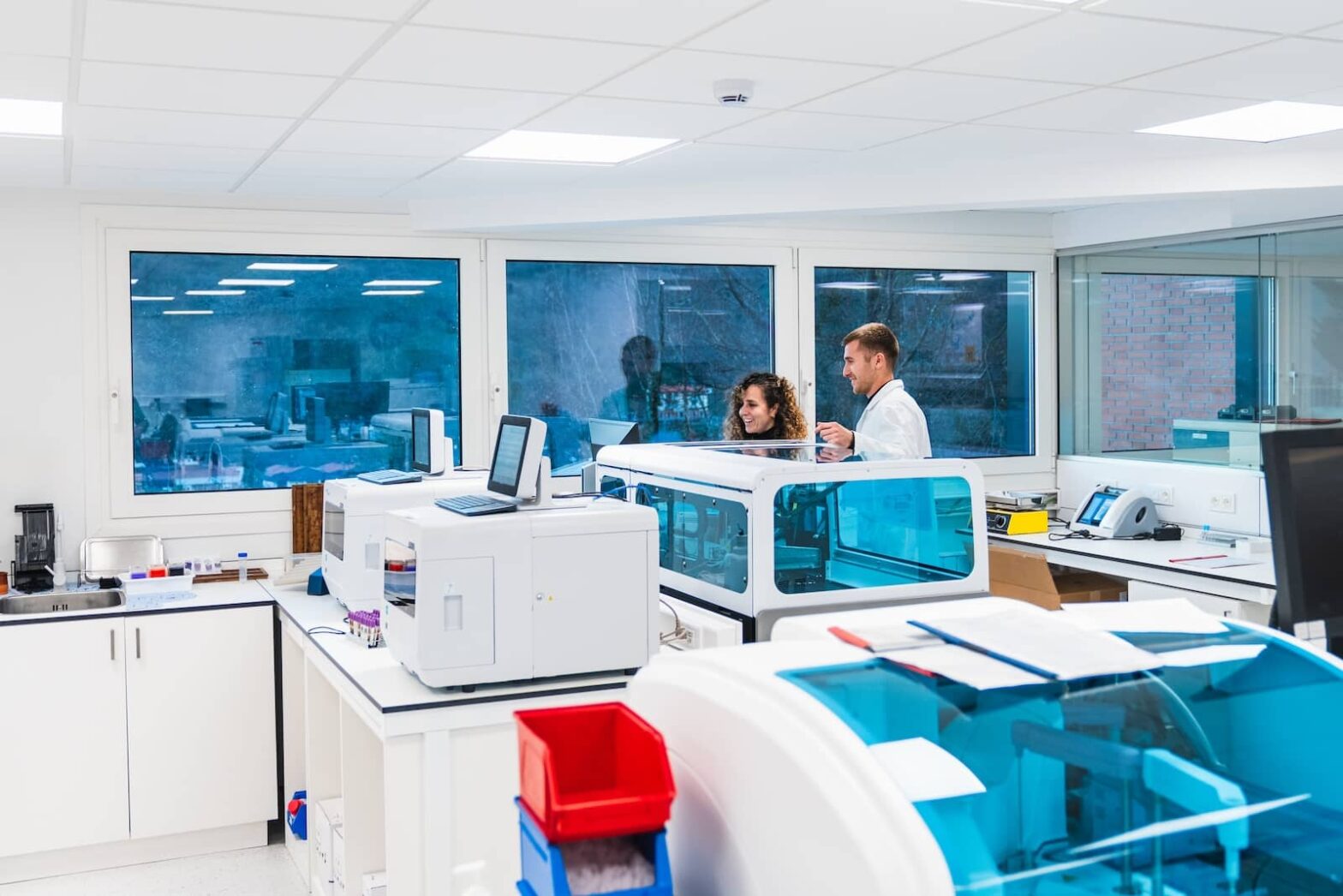Nothing is more critical to a successful business than cash flow. Healthy revenue allows organizations to pay suppliers, meet payroll obligations, and cover expenses, ensuring smooth operations. Cash flow enables laboratories to invest in equipment, medical lab software, and quality personnel to grow operations and exploit new opportunities.
Even though a pathology laboratory may be profitable on paper, poorly managed revenue-to-expense ratios can cause the business to struggle. The lab may be unable to invest in critical technology, such as medical lab software, to remain competitive or secure loans for expansion. Monitoring key revenue cycle performance indicators (KPIs) is essential to maintaining a stable cash flow.
Identifying the right KPIs for pathology laboratories can highlight inefficiencies, accelerate accounts receivables, and reduce denial rates. These data points can also highlight existing workflows that may be hampering growth. Effective analysis of such data requires a well-designed system that integrates with laboratory software for real-time operations monitoring.
Identifying Revenue Cycle KPIs
According to the Centers for Medicare and Medicaid Services (CMS), insufficient documentation and billing and coding errors are the most common reasons for delayed or mishandled payments. Establishing KPIs to help monitor these areas can help shorten revenue cycles. Here are some example KPIs that may be especially relevant to lab management:
Days in Receivables
The average number of days invoices remain unpaid serves as a health check on revenue generation. The longer a bill remains unpaid, the greater the negative impact on cash flow. This data point doesn’t explain the cause of delays but can point out a worrying trend that merits further analysis.
Clean Claim Rate
This KPI indicates the number of claims paid after initial submission. Ideally, this KPI should trend higher to indicate faster reimbursements.
Denial Rate
This KPI identifies the lab’s denials by reason code and payer. If a particular insurance company consistently denies first-time claims, this may indicate inadequate documentation or coding errors. Reviewing workflows may indicate where to add payer-specific documentation to improve clean claim rates.
Days to Bill
The days to bill KPI can identify inefficient workflows that unnecessarily lengthen specimen processing times. This data point ties operational efficiencies directly to revenue generation. The faster a lab processes a sample, the quicker it can invoice the payer.
Implementing a KPI Monitoring System
Analyzing the KPI data provides the insight needed to ensure sustained cash flows; however, gathering the information can be time-consuming. If this process takes too long, the information may become outdated. An automated dashboard that updates in real-time can provide anatomic pathology labs with critical data for improved revenue management.
Customized dashboards that display role-specific KPIs for team members allow employees to focus on the tasks most essential to their position. They won’t waste time drilling down to view their critical metrics. Once KPIs are established, labs can conduct regular review meetings and incorporate accountability structures to ensure continuous improvement.
Improved revenue management begins with sample processing. How long does it take to complete a test, from when a sample enters the lab until the results are delivered to the client? Integrating KPI tracking within laboratory information systems can provide critical data to improve operations and allow faster turnaround times. Weighing operational best practices with efficient revenue management requires careful consideration of KPIs to ensure quality results.
Turning KPI Insights into Revenue-Enhancing Actions
Billing and coding errors impact many KPIs, from days in receivables to days to bill. Understanding how gastrointestinal billing and coding errors impact cash flow can provide insights into revenue-enhancing actions.
Increase Clean Claim Rates
The fewer errors in a lab’s billing, the faster the payments arrive. High clean claim rates reduce administrative costs for the anatomic lab and the payer. Reducing administrative costs can lead to higher reimbursement rates since processing a claim requires less time.
Lower Denial Rates
The most common denial codes for gastrointestinal laboratories include incorrect evaluation and management codes, insufficient documentation, and bundling errors. Developing an integrated system that ties laboratory data to billing ensures comprehensive documentation. Ongoing staff training can reduce errors and highlight payer-specific requirements to secure faster payments.
Shorten Days to Bill Cycle
Fine-tuning the invoicing process can highlight areas for operational improvement. For example, are there ways to reduce processing times? Is the intake workflow slowing down testing timelines? Examining operational and administrative processes can highlight areas of friction that may be slowing down collections.
Reduce Days in Receivables
Monitoring the days in receivables identifies trends that can be analyzed using other KPIs. It can identify companies that are slow to pay. Data demonstrating that delayed payments are not the result of billing errors can provide leverage when negotiating payment terms.
Integrating Medical Lab Software
Many GI laboratories may appear profitable but be struggling to meet financial obligations. This apparent discrepancy often results from a poorly managed revenue cycle. Identifying critical KPIs can help monitor operational and administrative efficiencies and highlight areas for improvement.
Deploying technology such as Psyche Systems’ laboratory information software can support the collection and analysis of KPIs and improve efficiencies for shorter revenue generation cycles. With optimized cash flow, GI laboratories have the flexibility to expand operations while negotiating favorable payment terms. Contact Psyche Systems to discuss improving or starting a KPI-based monitoring approach.

